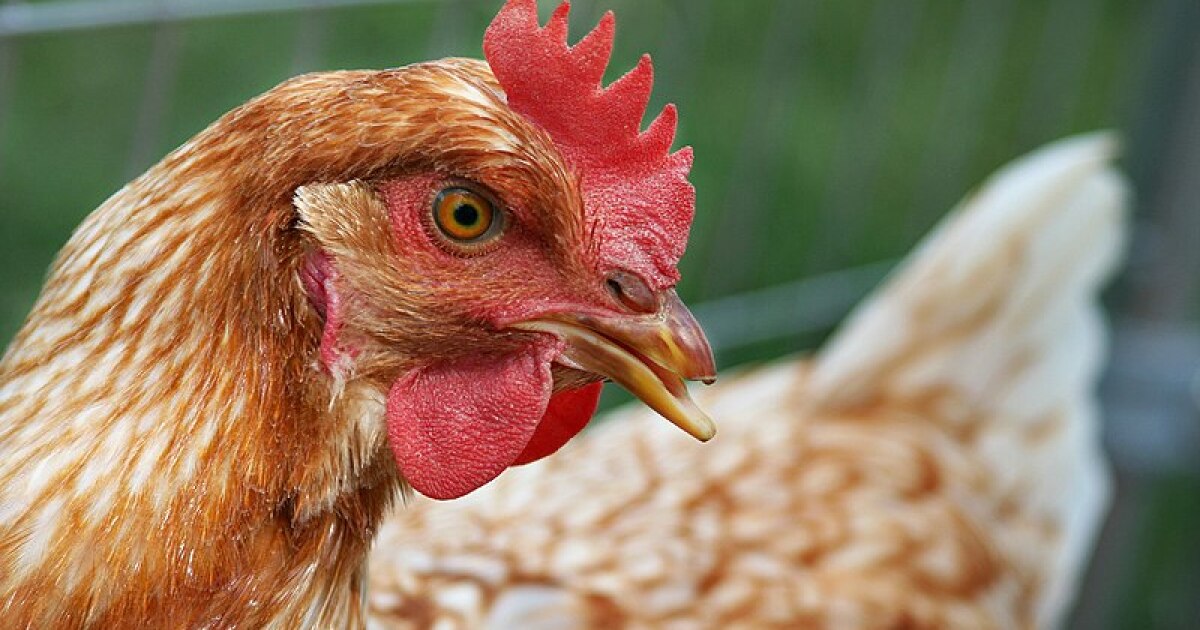Arizona Governor Delays Cage-Free Egg Regulations to 2034 Amid Inflation
- Better American Media

- Mar 22, 2025
- 2 min read
Updated: Apr 2, 2025

Arizona Governor Postpones Cage-Free Egg Regulations Amid Economic Concerns
In an effort to address escalating egg prices, Arizona Governor Katie Hobbs has announced a significant delay in the implementation of cage-free egg regulations, pushing the timeline to 2034. This decision is part of a broader strategy aimed at mitigating costs for both egg producers and consumers in the midst of rising inflation.
An analysis conducted by the Arizona Department of Agriculture estimates that moving from 67-square-inch cages to barn settings for hens could potentially reduce egg prices by a modest 1 to 3.25 cents each. This reduction translates to a decrease of approximately 12 to 39 cents per dozen in a market where prices are near $6. For individuals consuming an average of 270 eggs annually, these savings amount to between $2.71 and $8.79 per year.
Christian Slater, a spokesperson for Governor Hobbs, noted the limited nature of the proposed savings. He highlighted the impact of external factors such as bird flu outbreaks that have contributed to egg shortages and inflationary pressures. "People want their elected officials to take action on the issues that are affecting them every single day in their lives," Slater remarked, emphasizing the governor’s responsiveness to pressing public concerns.
The situation is exacerbated by a warning from the U.S. Department of Agriculture that egg prices may surge by up to 20% this year, intensifying the need for timely interventions. Additionally, Governor Hobbs' announcement comes at a pivotal moment, as a House Committee prepares to review a bill from Senator Shawnna Bolick. This legislation proposes to remove the Department of Agriculture's regulatory authority concerning cage sizes, a step Bolick argues could alleviate grocery costs for Arizona residents.
The delay in cage-free regulations may also serve as a strategic point for Governor Hobbs should she choose to oppose Bolick's bill. Nevertheless, the primary motivation for establishing the original regulations—which arose from advocacy to ban the use of caged hens—has not been resolved. The egg industry has sought legislative delays to avoid more stringent measures and potential criminal penalties advocated by animal welfare groups, leading to the phased approach now under consideration.
Originally set to take effect much sooner, the regulations have seen repeated delays due to economic challenges, with the latest extension pushing the target date to 2034. This postponement means that many hens will remain in restrictive living conditions for several additional years.
In parallel to this regulatory saga, a legal challenge is underway. Grant Krueger, a restaurateur from Tucson represented by the Goldwater Institute, contends that the Department of Agriculture is overstepping its legal bounds in regulating cage dimensions. Krueger, whose businesses procured over 100,000 eggs last year, is asserting that the rules have caused significant financial strain. His case successfully cleared an initial legal hurdle and is now expected to move forward in court, although a trial date has yet to be established.
For more information on this developing issue, visit the full article on NPR Brightspot.

